- Category
- Life in Ukraine
How Kyiv’s Muslim Community is Using Faith and Culture to Resist Russian Aggression
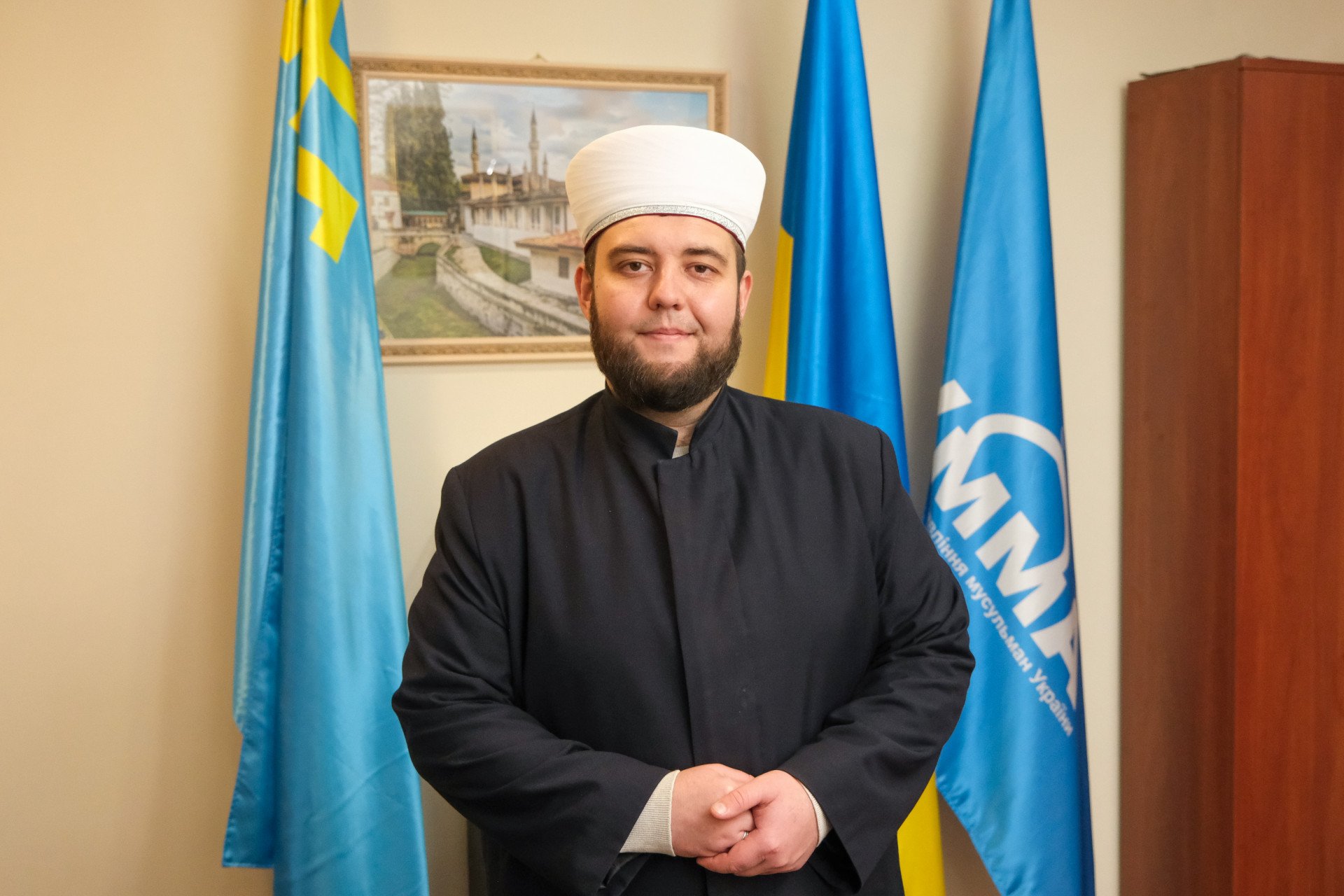
Islam in Ukraine dates back over a thousand years and is deeply woven into the nation’s heritage. Though Christianity is predominant, today’s journey highlights Ukraine’s rich diversity, showing Islam as an integral part of its history.
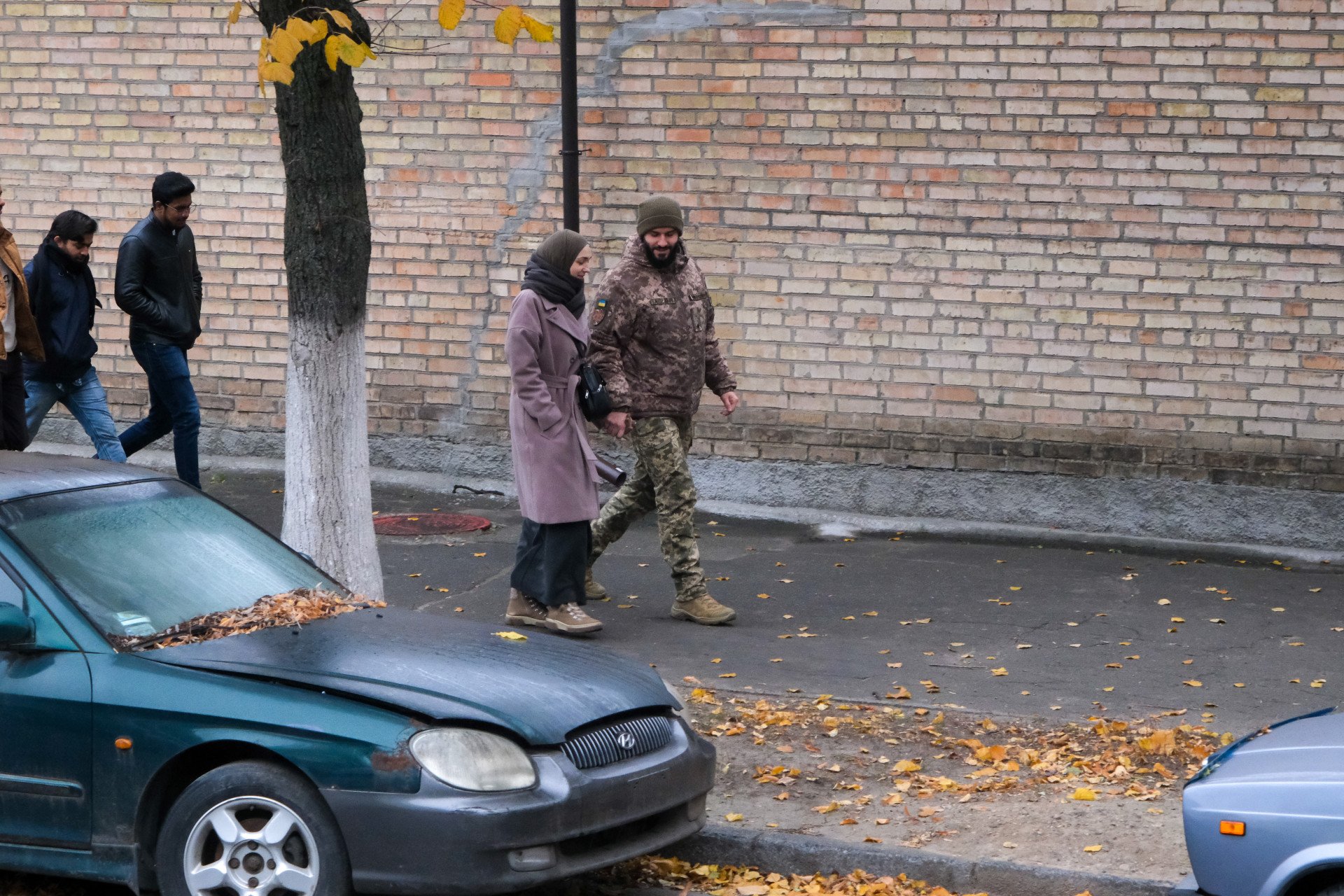
A cold and gloomy November morning in Kyiv. We head to one of the capital’s districts, where Muslim citizens from different ethnicities and backgrounds gather.
With Friday being the most sacred day of the week for Muslims, the crowd begins to swell, as people rush to the mosque so as not to be late for Friday prayer, Salat al-Zuhr .
This weekly ritual is more than just a moment of worship; it’s an opportunity for the community to come together, reflect, and listen to the Sheikh’s sermon, which offers guidance and support.
The mosque is located in the Kyiv Islamic Cultural Center, a building of the Religious Administration of Muslims of Ukraine (RAMU) Ummah, which was officially registered by 10 major Muslim communities in September 2008. As of 2023, RAMU includes 29 communities from 16 regions of Ukraine.
Ummah communities have their own mosques and prayer halls, conducting the complete range of Islamic religious ceremonies, including Fatwas , military chaplaincy, Janazah , Nikah , and other ceremonies.
While waiting for our meeting with Sheikh Murat, Mufti of RAMU Ummah, we explore the surrounding area. The street is lined with several cafes and restaurants serving halal food, a vibrant supermarket with Middle Eastern goods, and a butchery where Muslims can buy Halal meat.
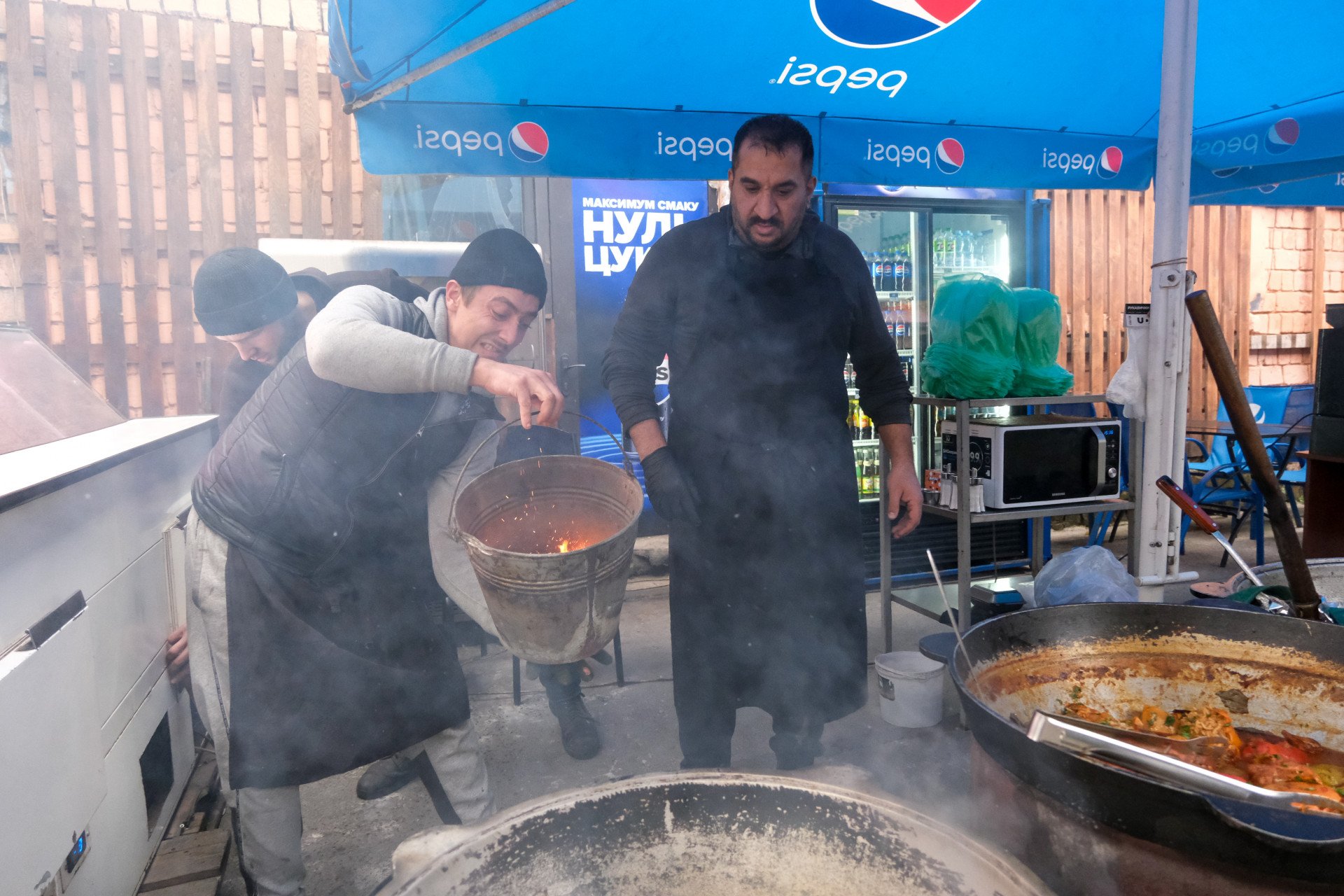
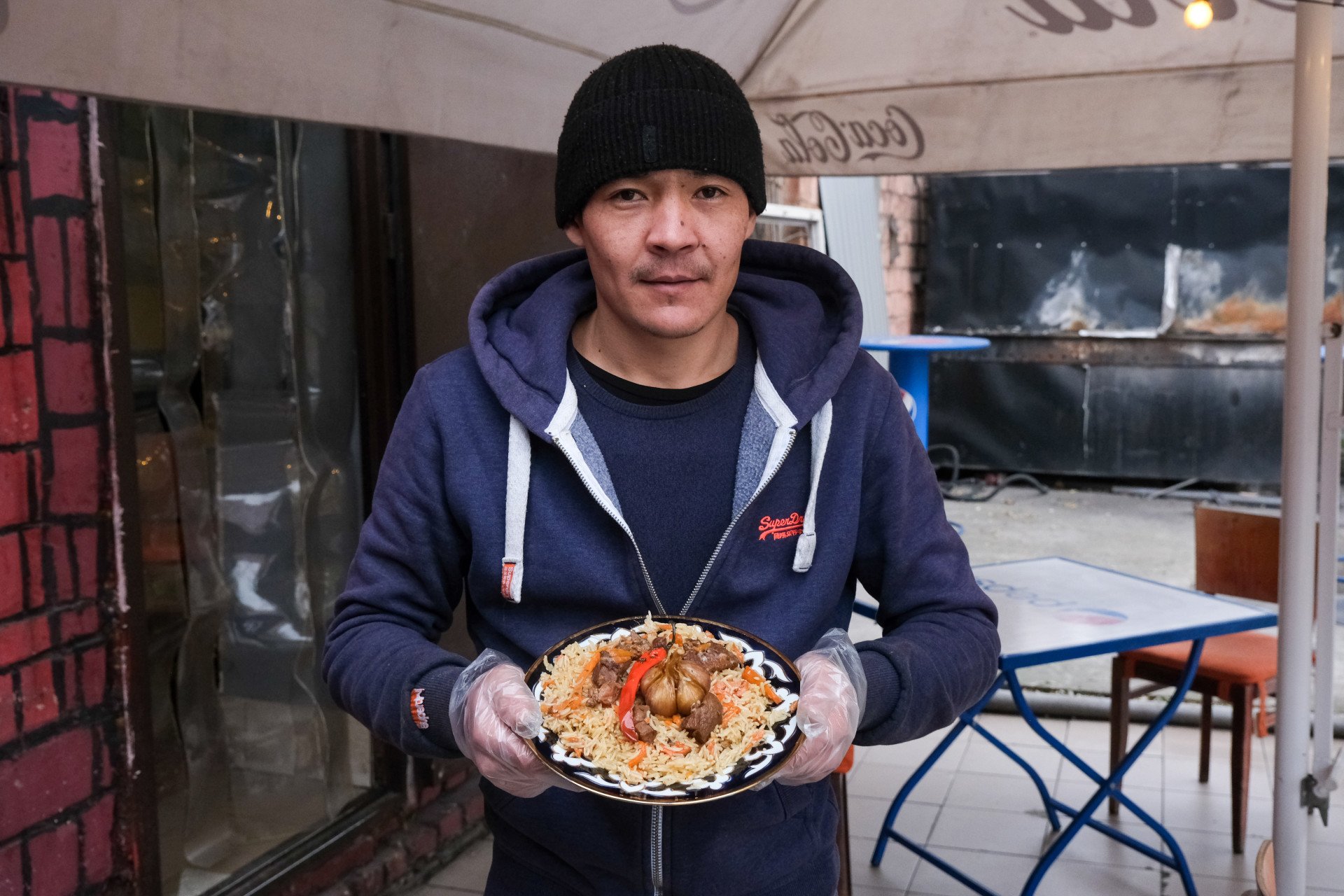
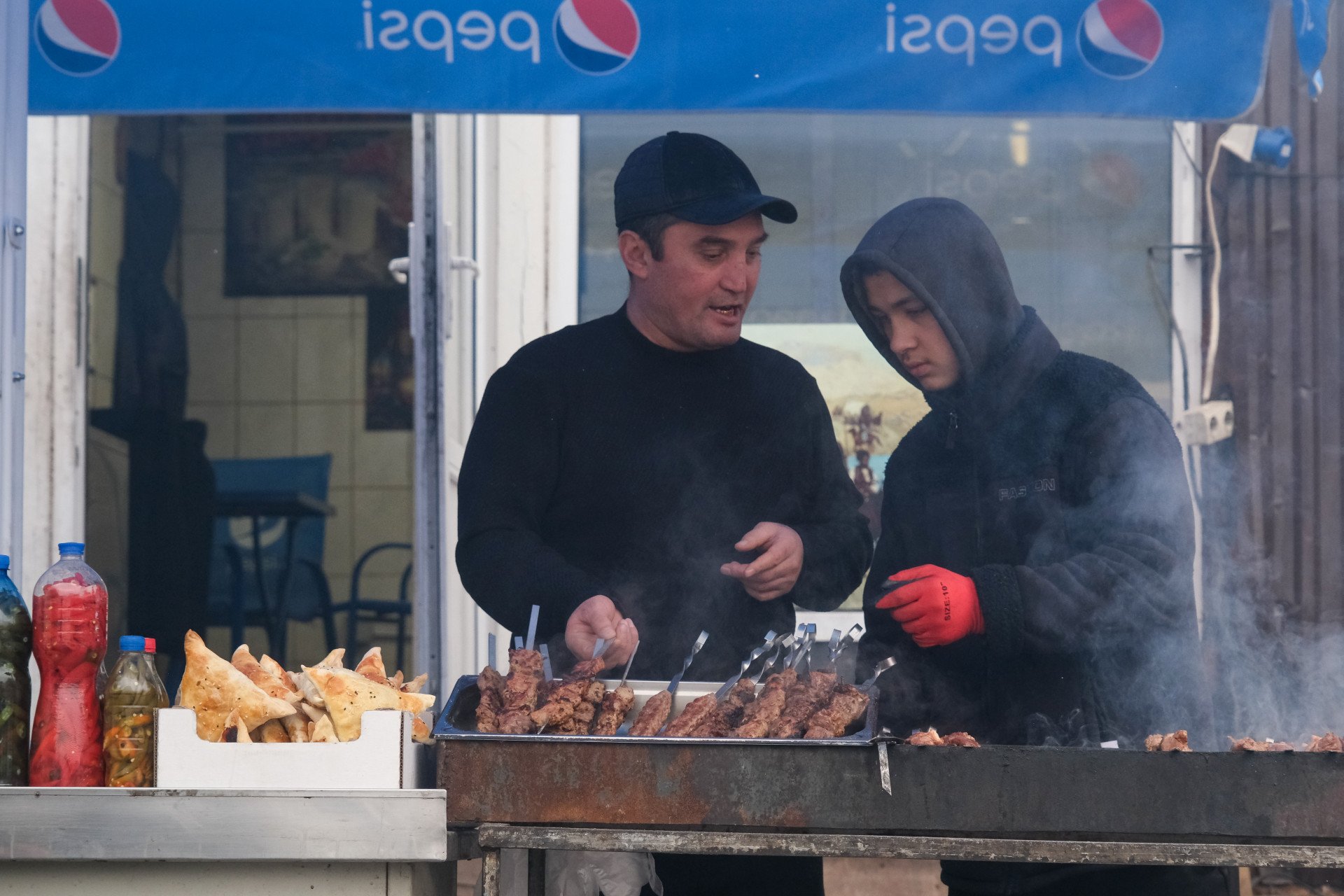
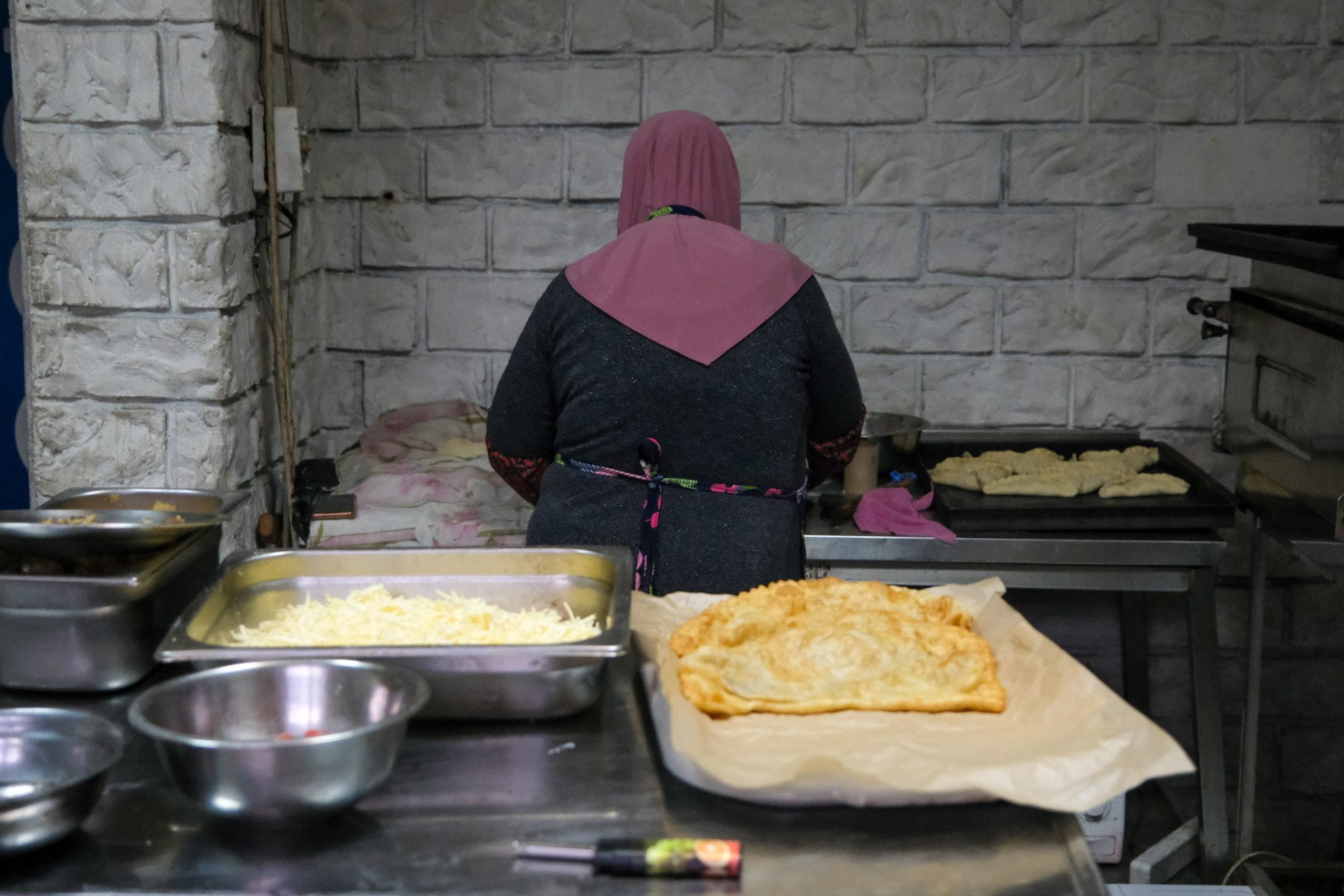
This spot is known in Kyiv far beyond the Muslim community, offering Middle Eastern and Central Asian authentic food. Since food occupies a cherished and symbolic place in Middle Eastern culture, many people visit to purchase their family's Friday lunch or to find ingredients that remind them of home.
Not everyone was open to speaking with us that day. Some were too shy, others preferred to stay out of the spotlight, and a few were simply too busy preparing food for the incoming customers.
With our hands freezing, we decided to warm up with some hot tea at a nearby café, where we saw Mohammad from Palestine working. While he was happy to chat, he was too occupied with cooking large pots of Plov, Mahashi—squash, and eggplant stuffed with spiced meat and rice—and Khashlama to engage in conversation.
One thing that particularly caught attention was Mohammad’s generosity. He would always add something extra to every order, whether it was an additional serving of a dish or a sweet treat.
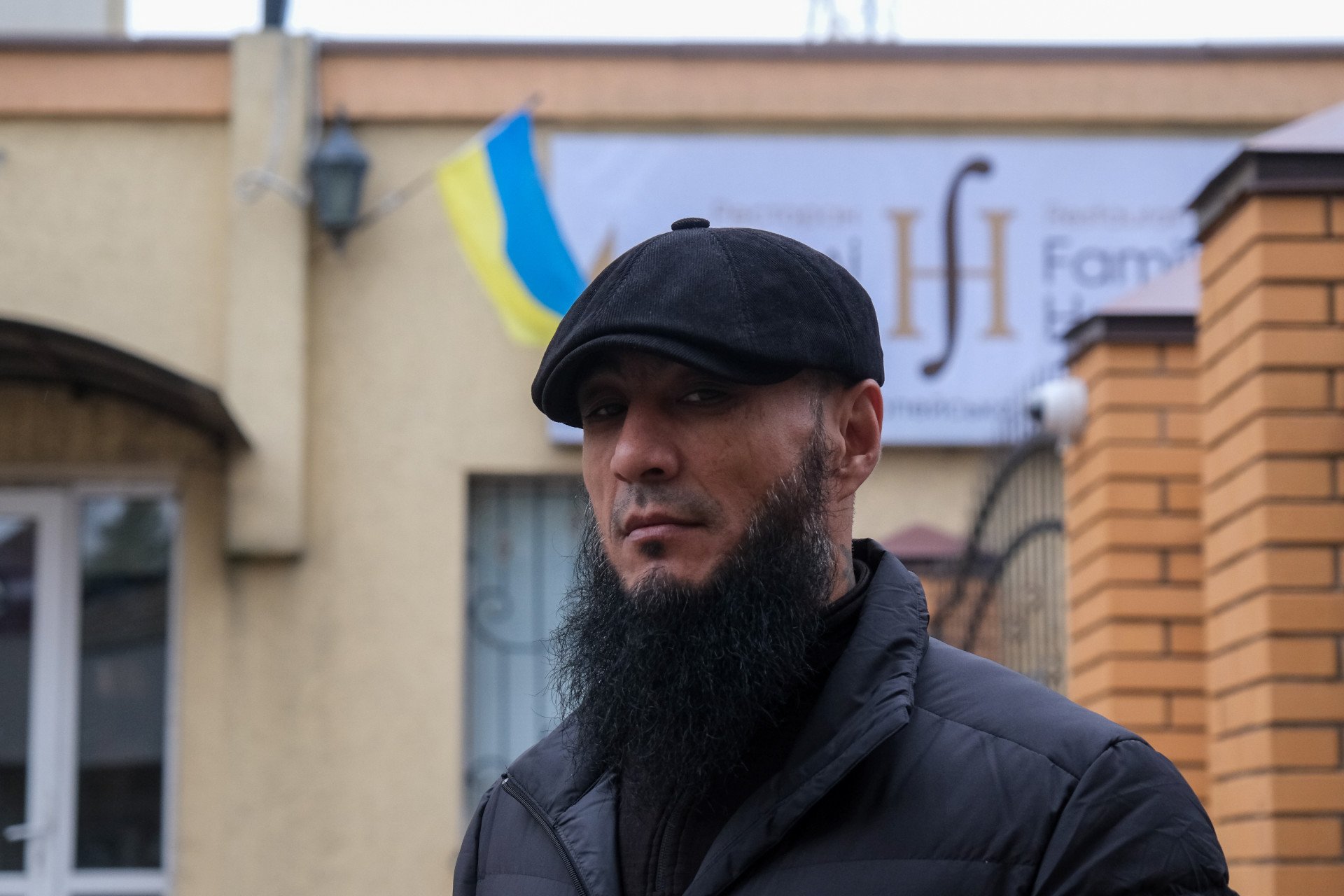
After the prayer was over, we tried to get a comment from one of the Muslims leaving the mosque, and we were lucky to have a word with Abu Yunus, a volunteer from Turkmenistan fighting in the Sheikh Mansur Battalion. The decision to go fight was evident to Abu Yunus since the beginning of Russia’s full-scale invasion of Ukraine.
“It came with faith. Muslims always stand on the side of truth, and truth stands with Ukraine,” he said. “Who was the invader? It was Russia. If we look at history, it has always been Russia. Russia has committed genocide and killed my people too. Anyone who knows and understands their history would never support Russia. On the contrary, they would stand against it.”
In Abu Yunus’s opinion, Muslims who now support Russia simply don’t know their own history or their faith, since faith calls to stand with the truth, with the oppressed, and to oppose tyrants.
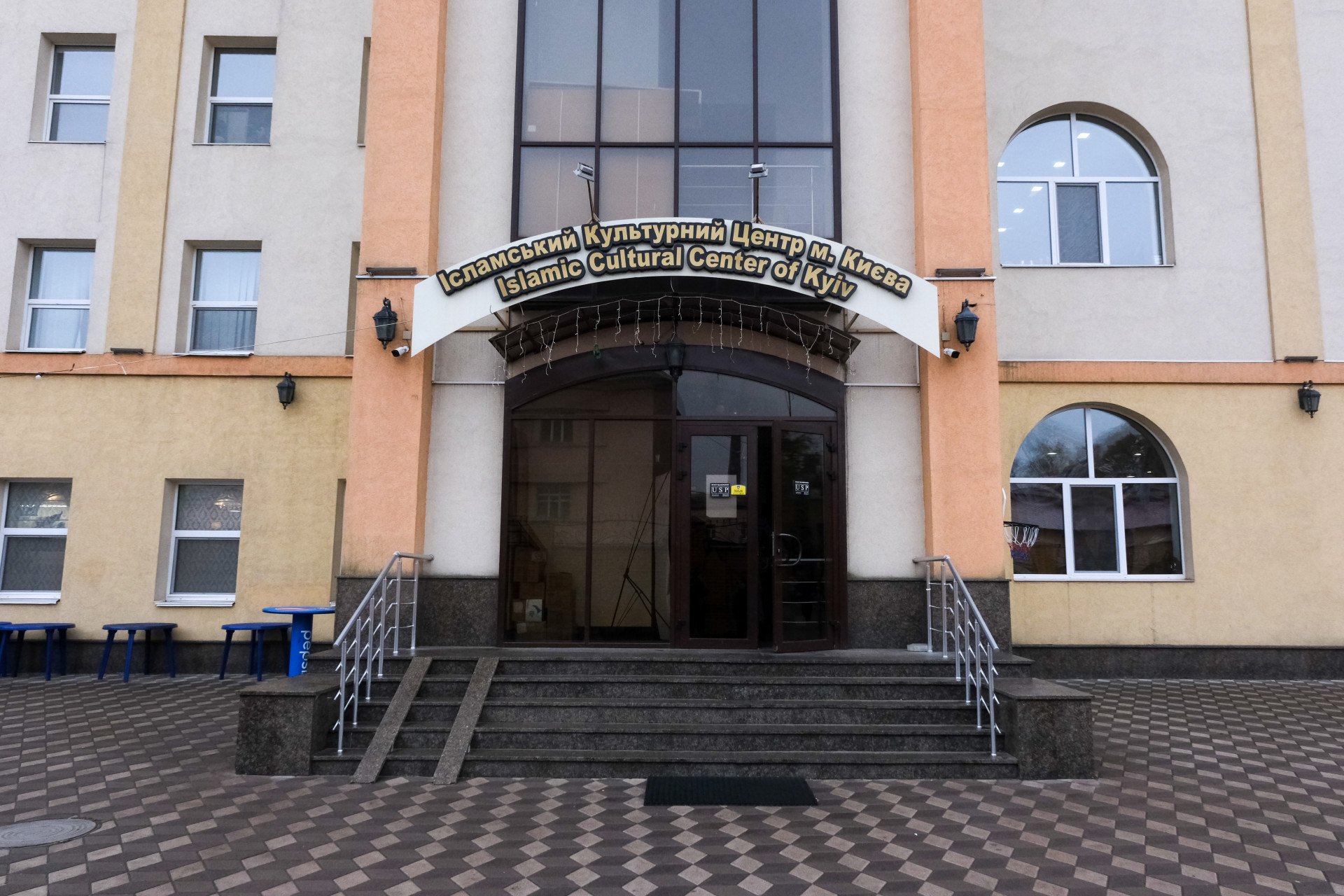
“I’ve been in Ukraine since 2018, and I grew to love this land even before the war. On the battlefield, I’ve seen sons worthy of their nation, and their parents. I’ve seen how they fight and defend their homes,” Abu Yunus continues.
The fighter notes that he feels comfortable practicing his beliefs in Ukraine.
“I always say that Ukrainians are lions, not jackals. They will always be free-spirited, always free. Here in Ukraine, you can see Muslims practicing their faith in peace, without persecution,” Abu Yunus states.
“There are many countries with oppression—even in my own, in Turkmenistan, there is oppression against my faith. Here, I can freely follow my beliefs; I can openly say I’m a Muslim, and I can grow my beard in peace. My homeland may not be occupied, but it remains under Russia’s influence.”
When asked if he would like to say anything else to the world, Abu Yunus added: “A nation will perish when its last man willing to fight for it is gone."
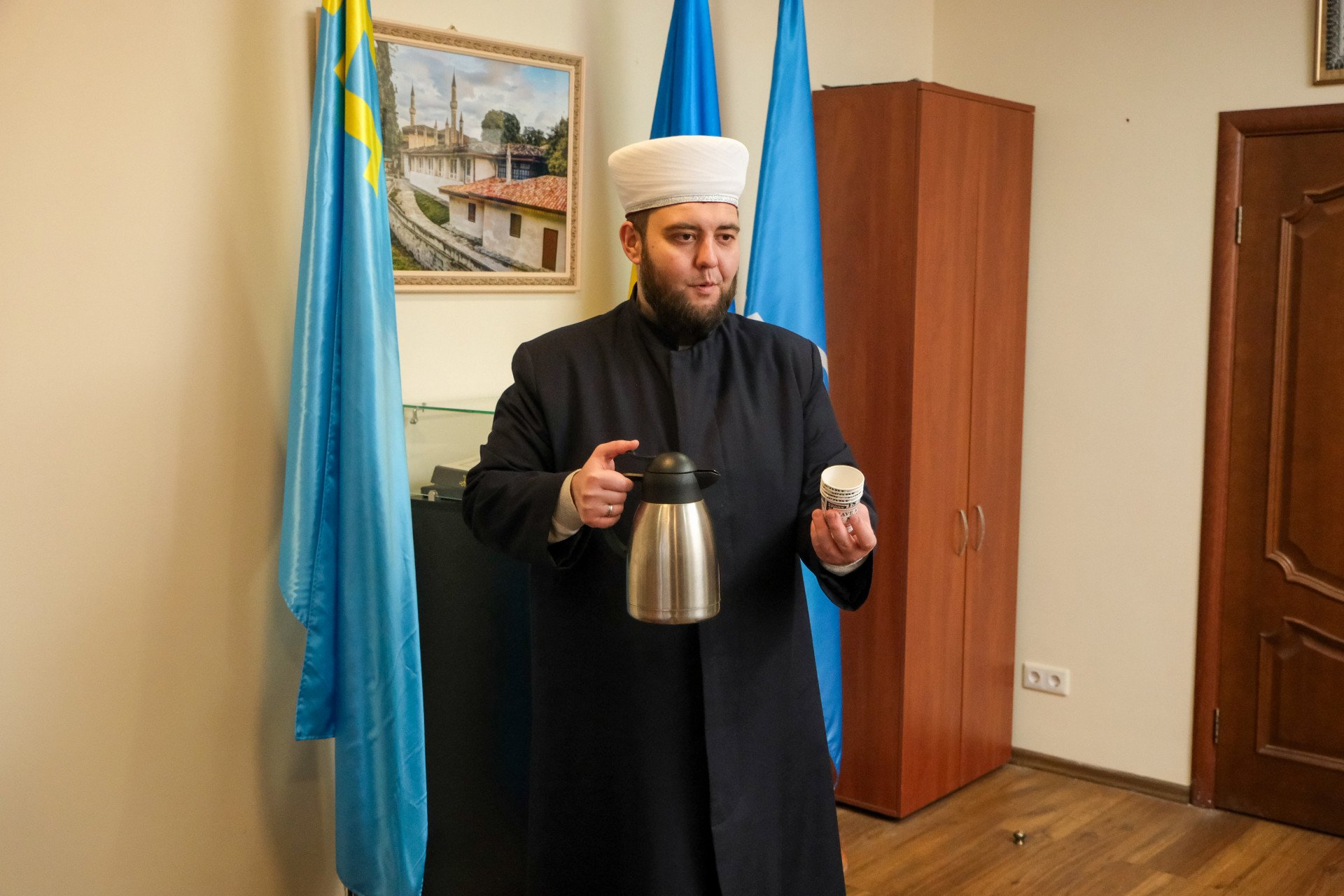
We went up to the fourth floor to meet Sheikh Murat Suleymanov, Mufti of RAMU Ummah, where he welcomed us into his office, offering a cup of Arabic coffee.
Being a Crimean Tatar himself, Sheikh Murat made the decision to leave Crimea after Russia’s annexation of the peninsula in 2014.
"I understood that under Russian control, it would be difficult. We know that Russia has no need for Imams or Muftis who would truly inspire enlightened thinking or prepare a generation that upholds dignity,” Sheikh Murat said. “That’s why I realized it would be very hard to do what I wanted to do in Crimea, what I had trained for."
Sheikh Murat notes that society has changed since the beginning of Russia’s full-scale war.
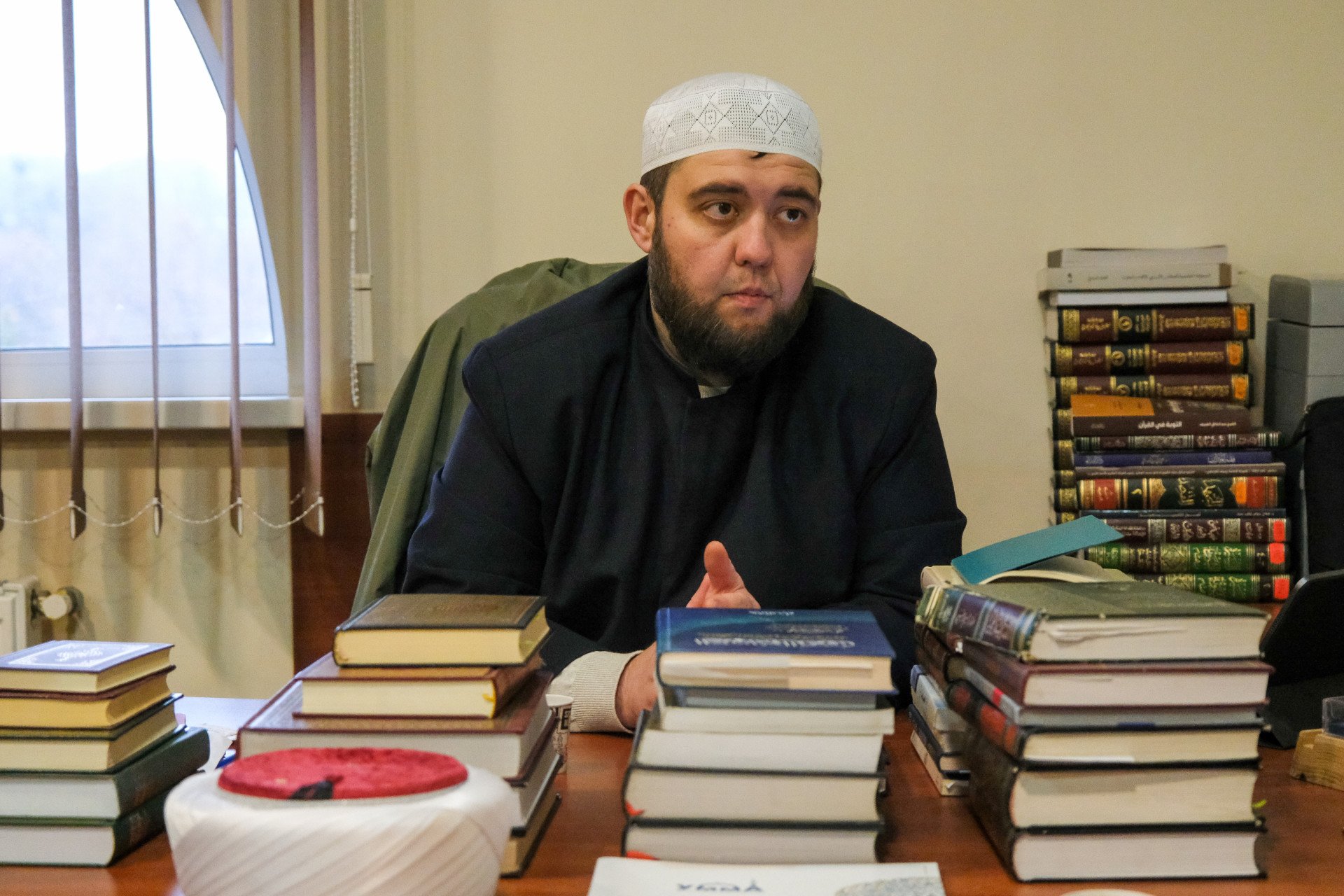
“People of all backgrounds came together—regardless of nationality, ethnicity, or faith. Muslims, Christians, Jews, followers of other religions, and even those who do not believe in God—all stood united, offering their support,” he said.
When asked about Islam’s role in Ukraine, Sheikh Murat shared that Islam has been woven into Ukrainian history for over a thousand years. Muslim communities first arrived in the southern regions as early as the 10th and 11th centuries, contributing significantly to the cultural development of Crimea.
“So, Islam didn’t arrive in Ukraine just 30 years ago; Muslims are an integral part of Ukrainian society, born and raised here,” he says. “As Crimean Tatars, we established the Crimean Khanate 5 to 6 centuries ago, and Russia has always been our primary enemy. For example, my great-grandfather was a prominent religious figure, and he was deported to Ural.”
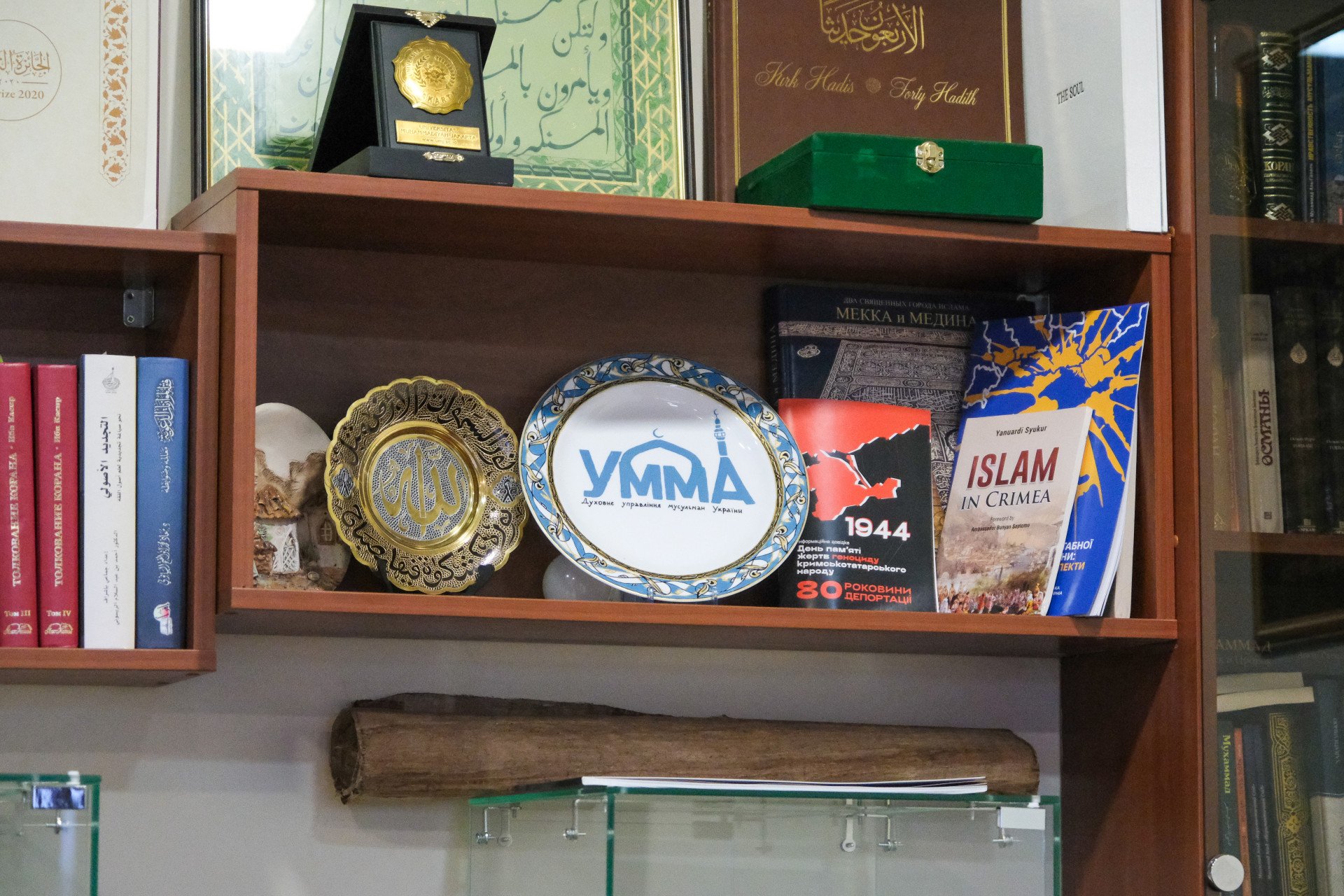
Sheikh Murat noted that the focus on Islam in Ukraine definitely grew after Russia’s annexation of Crimea in 2014.
“Ukraine's focus on Islam grew after the annexation of Crimea. This is because the majority of people there are Crimean Tatars, who are Muslims. This brought attention to questions about who the Crimean Tatars are and what Islam represents,” Sheikh Murat noted. “Russia constantly claims that Ukrainians are Nazis, but a Mufti can travel to other countries and spread the truth, about what Ukraine is really about.”
The Mufti continues highlighting Ukraine’s unique spirit of unity and mutual respect, where diverse faiths converge in an open interfaith dialogue.
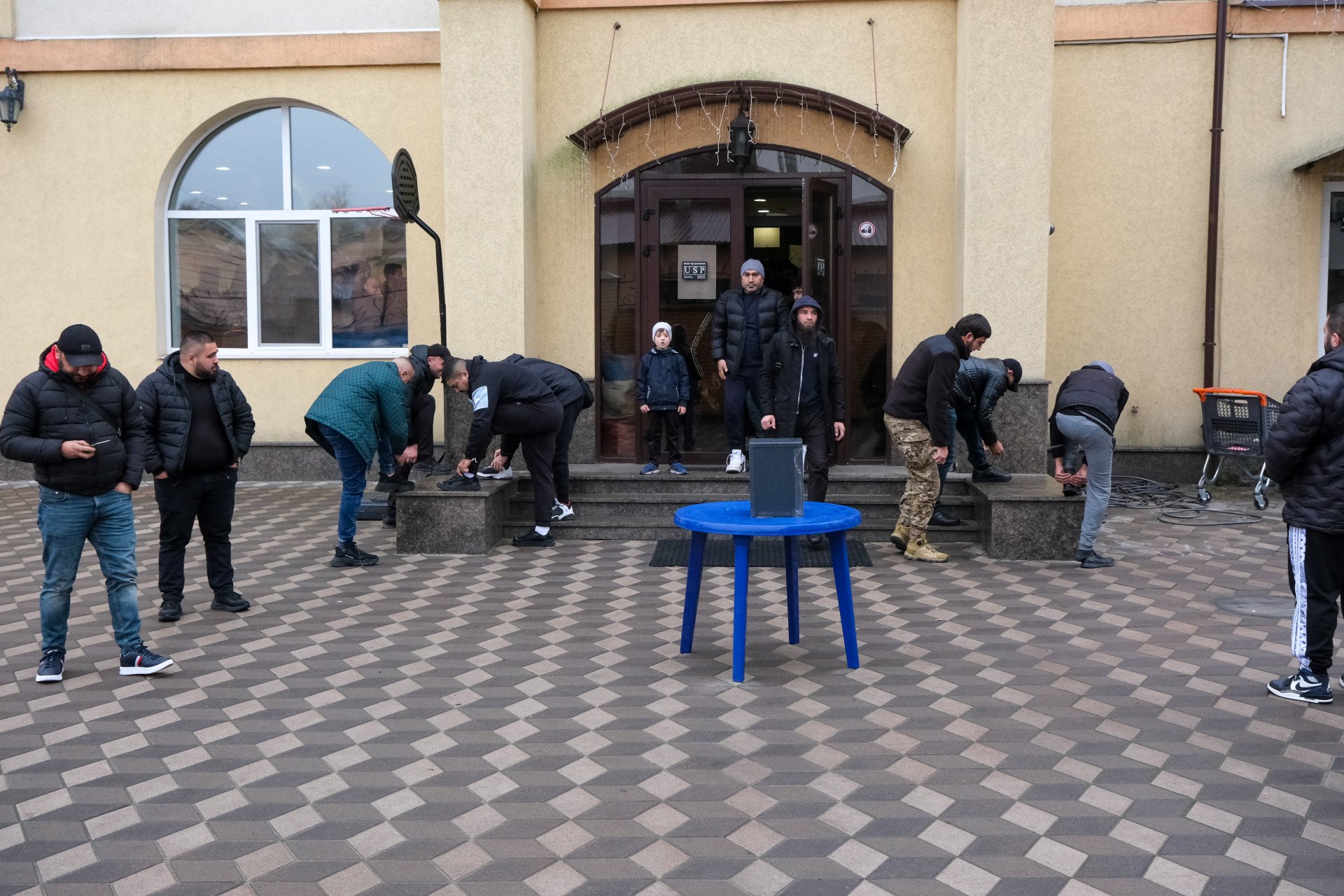
“Ukraine is truly a phenomenon. We have a roundtable, an interfaith dialogue, where we can all sit together—Orthodox, Catholic, Protestant, Jewish, Muslim, and other representatives of various religions—to discuss pressing issues for Ukrainian society,” says Sheikh Murat.
We hear the Adhan, the Islamic call to prayer, notifying the time for Salat al-Asr . Not to bother Sheikh Murat we ask for a couple more quick photos and leave.
-f88628fa403b11af0b72ec7b062ce954.jpeg)
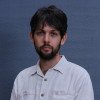
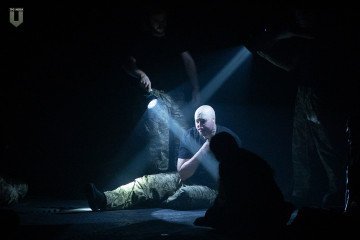
-554f0711f15a880af68b2550a739eee4.jpg)
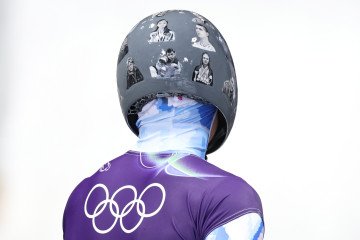

-6ead6a9dd508115a5d69759e48e3cad1.jpg)
-29a1a43aba23f9bb779a1ac8b98d2121.jpeg)
-7f50738271c122a9b5e663cb80703dd6.jpg)
